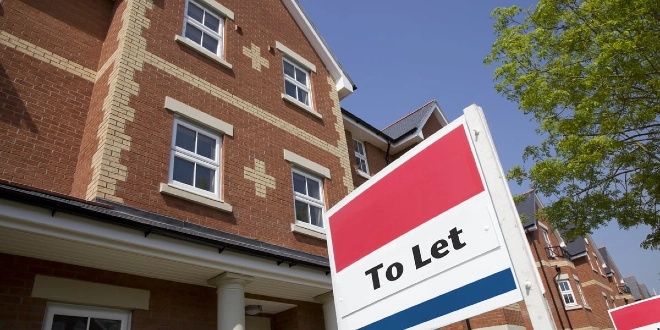The Irish government is advancing a significant overhaul of Rent Pressure Zone (RPZ) regulations, aiming to balance tenant protections with measures intended to stimulate housing development and attract investment. The proposed changes, set to be presented to the Cabinet, have sparked a robust debate among policymakers, housing advocates, and landlord associations.
Under the new framework, the current 2% annual cap on rent increases in newly built properties would be lifted, allowing adjustments in line with inflation rates. This change is designed to incentivize the construction of new rental units by providing landlords with returns that reflect economic conditions. However, existing tenants who remain in their current leases would continue to benefit from the 2% cap, ensuring stability for long-term renters.
Additionally, the proposal permits landlords to reset rents to prevailing market rates between tenancies, a move intended to align rental income with current market conditions. To offset potential tenant displacement, the government plans to introduce a minimum six-year security of tenure for new leases, offering renters a degree of long-term stability.
Diverse Responses from Stakeholders
The proposed reforms have elicited mixed reactions. Sinn Féin’s housing spokesperson, Eoin Ó Broin, criticized the changes, arguing that they could lead to increased financial hardship for renters and elevate the risk of homelessness. He contends that the ability for landlords to reset rents between tenancies may incentivize evictions, undermining tenant security.
Conversely, the Irish Property Owners Association (IPOA) has expressed cautious approval. Chairperson Mary Conway highlighted that the ability to adjust rents between tenancies could encourage investment in the rental market, particularly in regions outside major urban centers where rental income has been constrained by existing caps.
The government’s initiative is part of a broader strategy to address Ireland’s housing shortage. By modifying rent control measures, officials aim to stimulate the construction of new rental properties, addressing a decline in housing supply that has been exacerbated by stringent rent caps and rising construction costs. The Central Bank of Ireland projects inflation to average 2.1% in 2026 and 1.4% in 2027, figures that will influence allowable rent increases under the new system.
However, housing advocacy groups, including Focus Ireland, have raised concerns that the reforms may not adequately protect low-income renters. They argue that without corresponding increases in rental subsidies, such as the Housing Assistance Payment (HAP), vulnerable populations may face heightened risks of housing insecurity.
Public Mobilization and Upcoming Demonstrations
In response to the proposed changes, a coalition of trade unions and non-governmental organizations has organized a series of “Raise the Roof” housing demonstrations. Scheduled for June 17 in Dublin and June 21 in Cork, these protests aim to draw attention to the housing crisis and advocate for policies that ensure affordable and secure housing for all residents.
As the government prepares to finalize and implement the RPZ reforms, the coming weeks are expected to feature continued discussions among stakeholders, with a focus on balancing the need for increased housing supply with the imperative of protecting tenant rights and preventing homelessness.
 The Daily Star Ireland
The Daily Star Ireland

